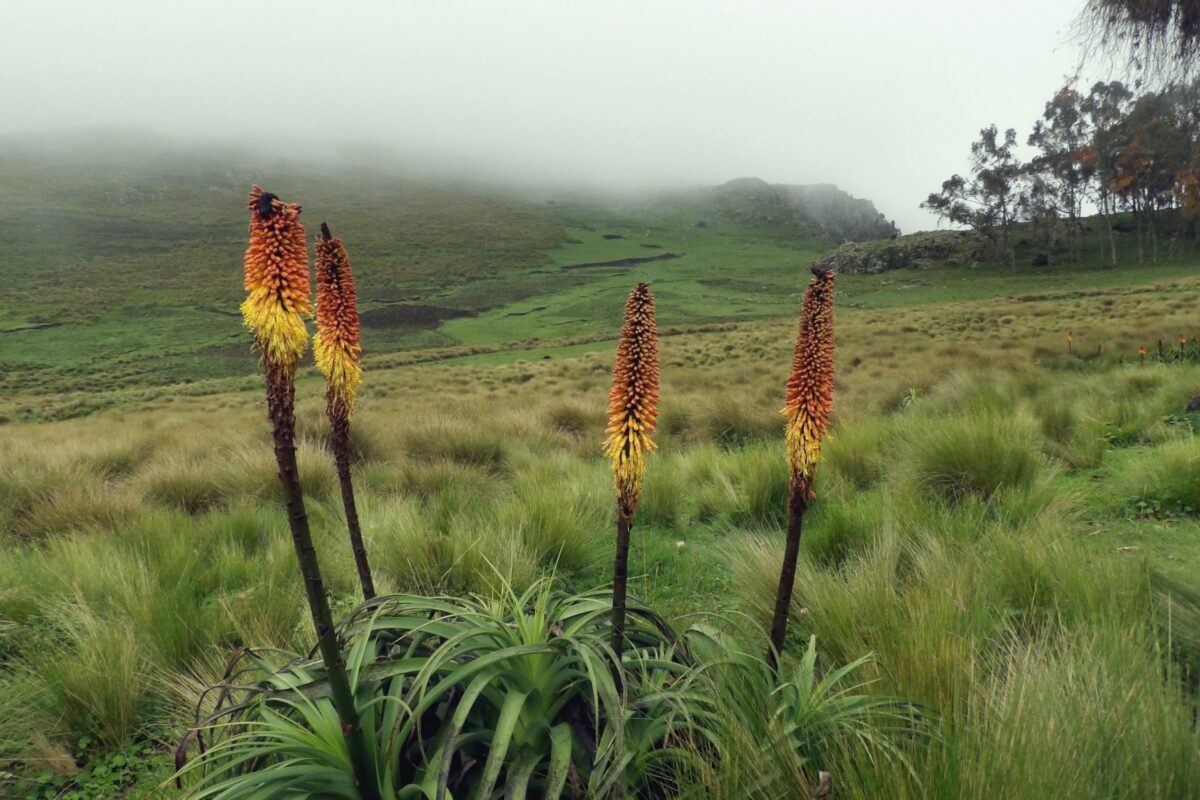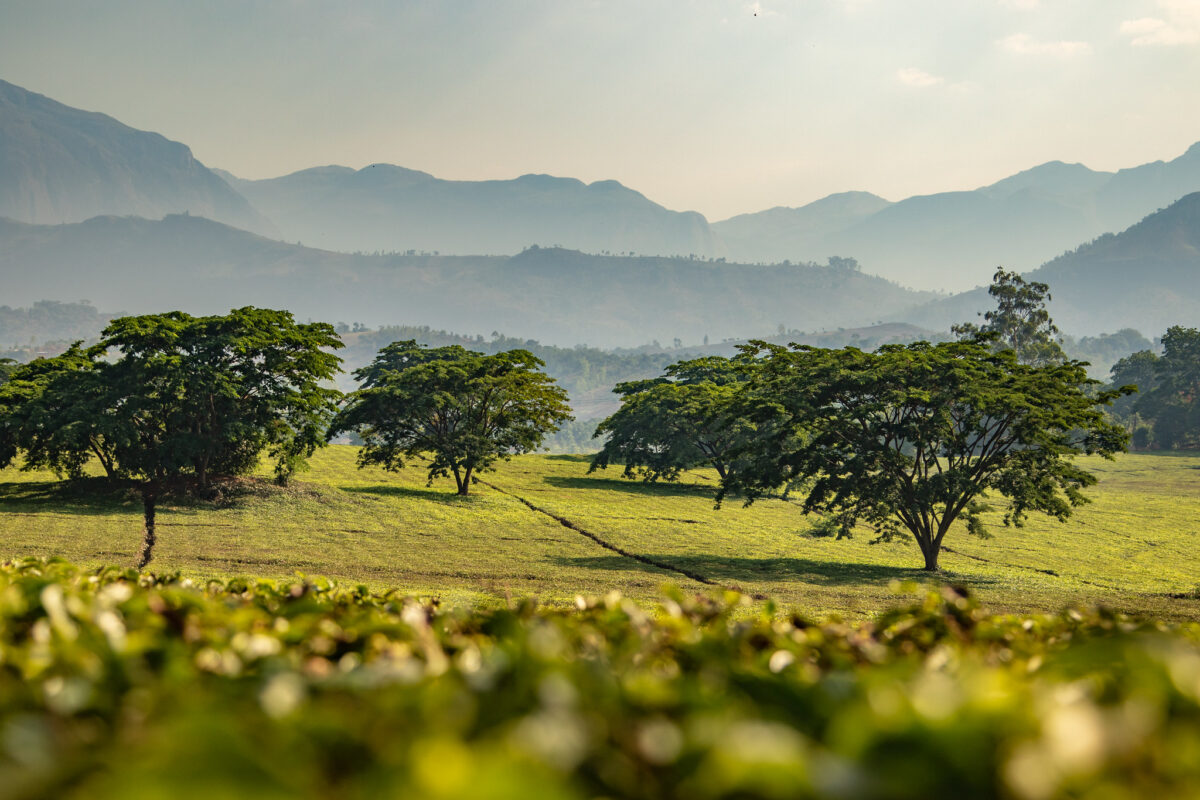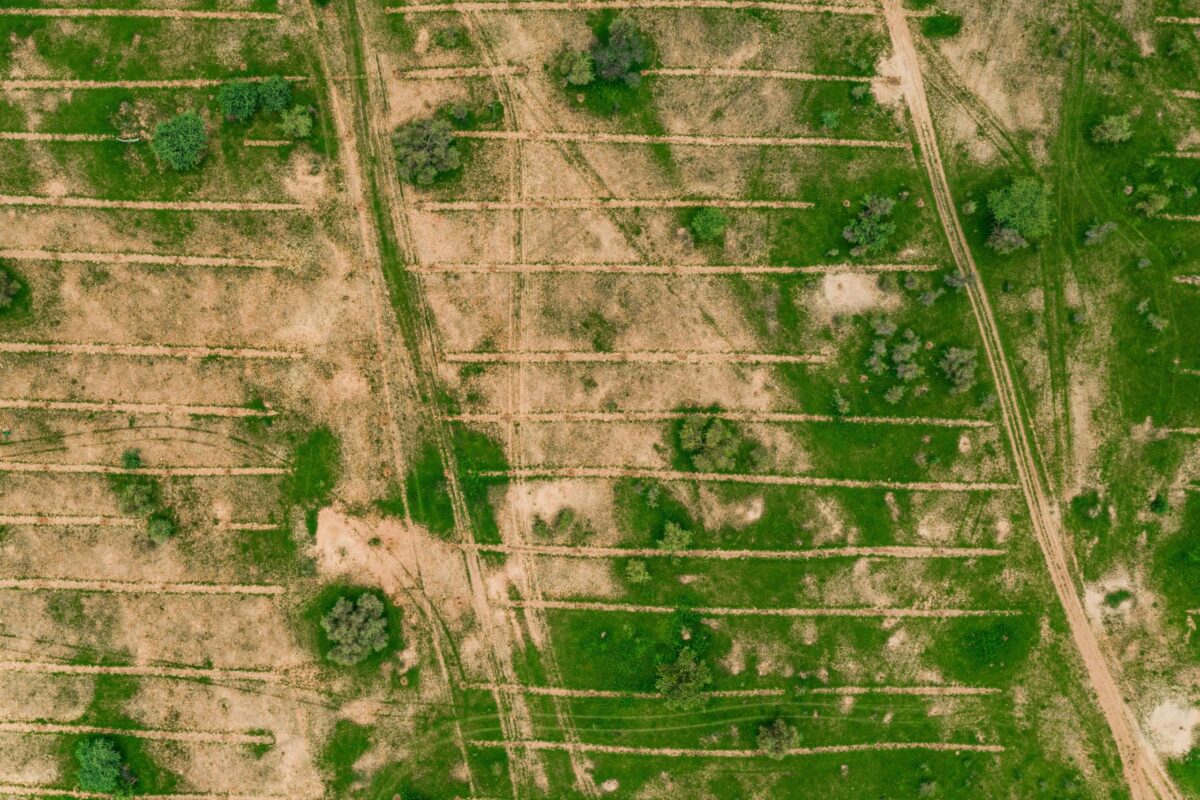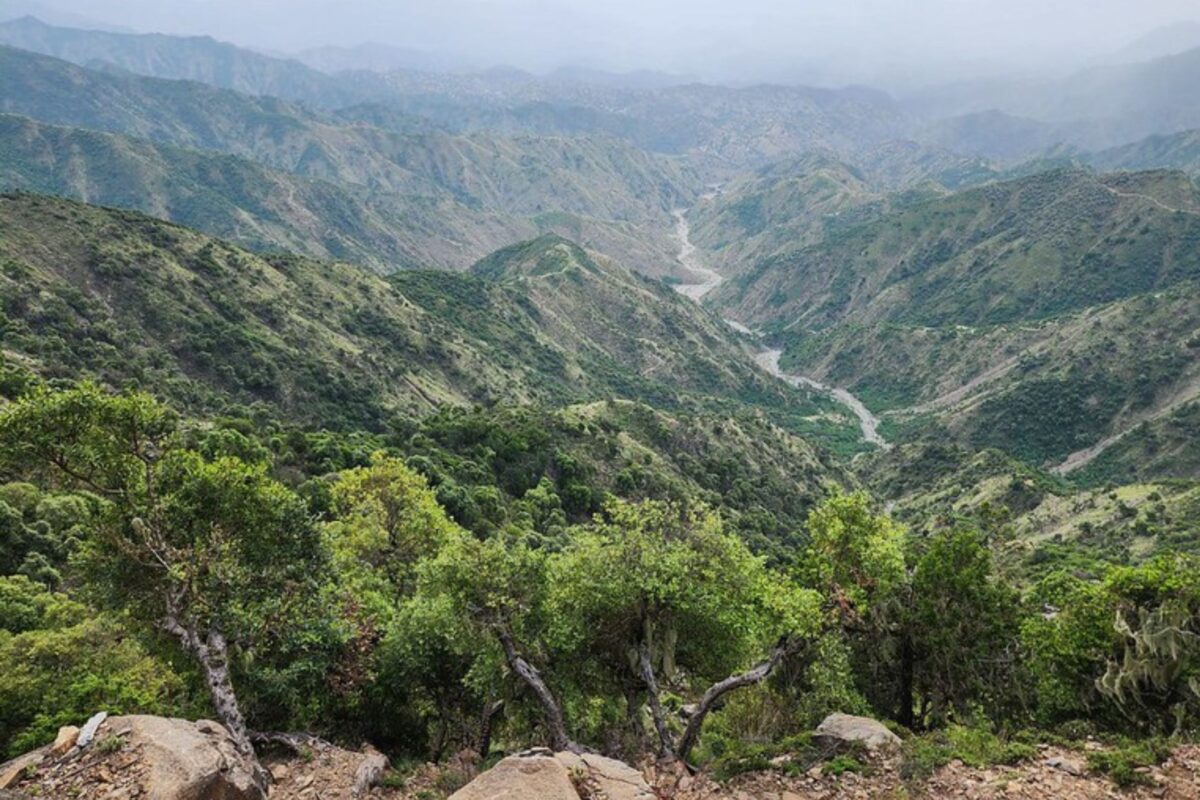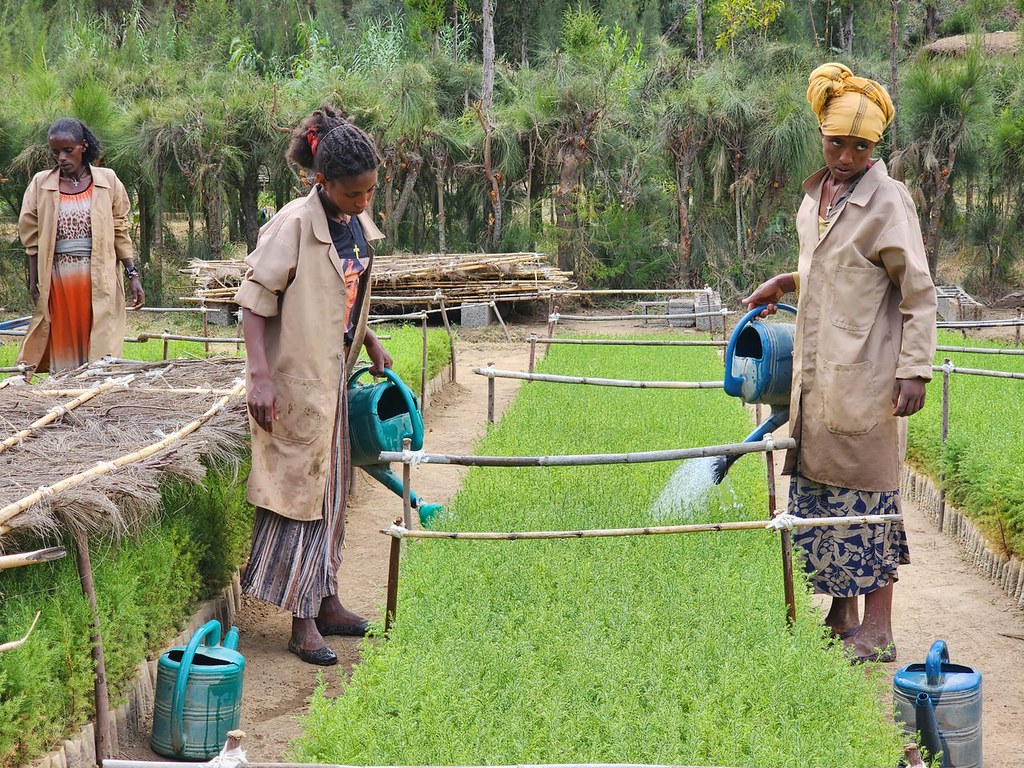Across all of WeForest’s projects, we work with rural people to restore forests and promote sustainable livelihood development, engaging them in the decision-making and implementation of project activities.
This is currently taking place in the region of Tigray in the Central Zone of Ethiopia, where WeForest is developing a project to restore exclosures of degraded land.
Support at the local level promotes the success of restoration projects because local people have much to offer in the way of traditional knowledge and skills. A participatory approach also creates positive attitudes and relationships between stakeholders to work together to achieve mutual goals. Further, communities that engage in decision making gain a sense of ownership of and responsibility over arising plans. Environmental restoration is itself a powerful tool to develop rural livelihoods as well. It provides opportunities to build capacity, increase incomes, empower disadvantaged people and more.
In the region of Tigray, WeForest has been getting together with District Officers and community leaders to discuss the next stages of the Exclosure Project development. The project will engage the village of Seret-Walta, home to 738 households, all of whom will be able to benefit directly from our partnership.
WeForest heard the species of tree prefered by the community for planting; Acacia abyssinica, valuable livestock fodder, Juniperus procera and Olea europaea, all native species, were among those favored by community members. We also heard about the preferred livelihood schemes among the communities, of which honey production was the most popular, and much more. With the first lot of meetings out of the way, the project will begin to set up the community nurseries, another key scheme for community engagement employed by WeForest. These are nurseries set up and managed by local people to supply seedlings for planting. Through training and support they are empowered to become entrepreneurs with a secure income and vested interest in forest restoration. Though WeForest buys the seedlings from these nurseries, they are independent businesses and can sell their seedlings to other interested partners.
While WeForest works alongside rural communities to increase incomes and skills and empower rural families throughout all of its projects, there is no one size fits all approach to environmental restoration. It is essential to work alongside local communities, for the benefit of nature and people alike and that is why it is so important to implement a participatory process. Community meetings, like those taking place in Tigray, serve as an avenue to hear the voice of local people so that WeForest can work with them to restore landscapes across the globe.


